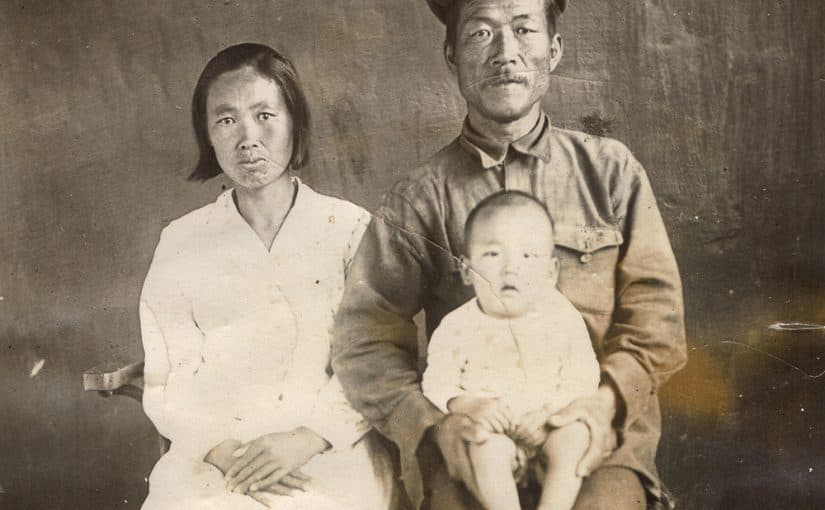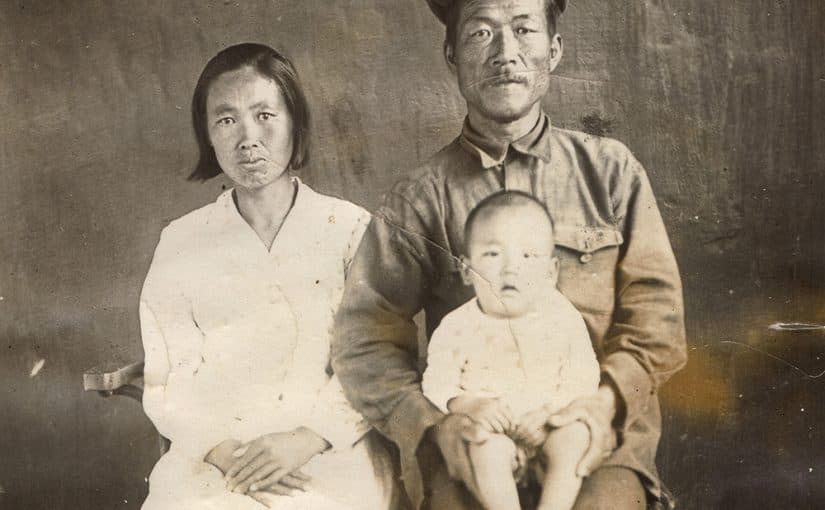
Who are the Koryo-Saram?
‘Koryo-Saram’ is the collective name given to the members of the Korean diaspora that lived (and still live) in the former USSR. ‘Koryo’ is a historical name for the Korean peninsula, and ‘Saram’ means ‘people’. Hence, ‘Koryo-Saram’ = ‘Korean people’.
There are around half a million ethnic Koreans living in the former Soviet Union. They are mostly found in Central Asia, the Russian Far East, Ukraine, and southern Russia.
There is also a large population of Koreans living on the island of Sakhalin, whose situation is somewhat unique; they were largely brought to the island as slave labour by the Japanese, who controlled the island prior to World War 2.
The Koryo-Saram in the USSR
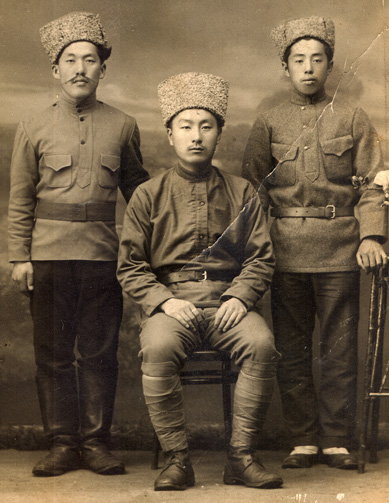
The Koryo-Saram diaspora came about for the same reasons a lot of migration happens: due to economic hardship.
At the start of the 19th century, the Joseon Dynasty (the former name of Korea) was in stark decline. Neighbouring China wasn’t in any better a state, so people moved to Czarist Russia. A good number of Koreans were still present in Russia during the Bolshevik Revolution, and there were indeed a number of notable Korean communists.
During Japanese Imperial rule of Korea, so many Koreans fled to the USSR that the Soviets halted all immigration from the Korean peninsula. For a while there were so many Koreans in Vladivostok that it had its own ‘New Koreatown’.
Pre-WW2: mass deportation of the Soviet Koryo-Saram
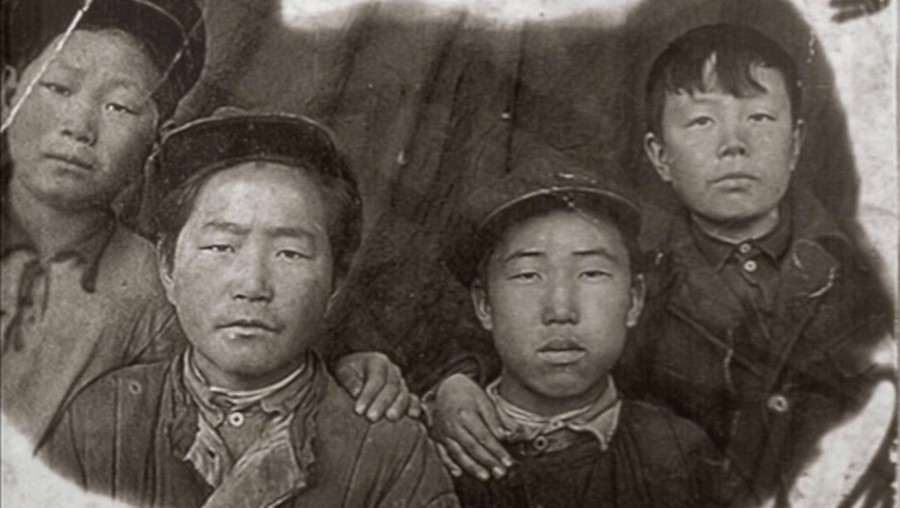
In 1937, with yet another Russo-Japanese conflict brewing, Stalin began to view Korean-Russians with more and more suspicion. The end result of this? Over 170,000 Koreans were deported to Central Asia. This is why there is still a large ethnically Korean population in Central Asia.
If this mass deportation under Stalin was not enough, ethnic Koreans were forced to undergo a period of forced Russification, with the authorities barring the teaching of the Korean language in schools until the Brezhnev era.
What do South Koreans think of returning Koryo-Saram?
Since then some Koryo-Saram have chosen to return to their ancestral homeland; when the USSR still existed a number relocated to North Korea, and many more moved to the South. Whilst South Koreans view them with suspicion (not surprisingly, in one of the most homogenous and, frankly, xenophobic countries in the world), the fact that they’re ethnically Korean helps to place them higher on the totem pole than other foreigners.
If the lack of warm welcome has put Koryo-Saram off, it’s not reflected in the numbers; as of today there are at least 10,000 ethically Korean Uzbeks living and working in the Republic of Korea.
As the West continues to work towards a world where ethnicity is irrelevant, it’s interesting to see how it is, unfortunately, very much still relevant in Korea, where frequent debates over what a ‘real’ Korean is still dominate. If there’s one thing the DPRK and the ROK have in common, it’s how relevant this question still is.
Experience being a foreigner in Korea for yourself on one of our many tours there.

Join our newsletter!
Enter your email to receive our latest newsletter.
Don't worry, we don't spam

Popular Articles
Visiting Diriyah the Remarkable Cradle of the Saudi State
UnknownUzbek Trains 8211 the Best Network in the World
UnknownWill the Darvaza Crater be Extinguished by Turkmenistans Government
UnknownWhat Are the 10 Largest Stadiums in the World
UnknownDrone Photography Guidelines in China for 2025
UnknownSyria Travel Update
UnknownNorth Korea to reopen to tourism in Rason
UnknownYPT now offers free Internet access on all Greenland Svalbard and Antarctica cruises
UnknownRelated Articles
Featured Tours

Afghanistan Spring Tour
8 Nights, 8 DaysStart Date: May 19th 2025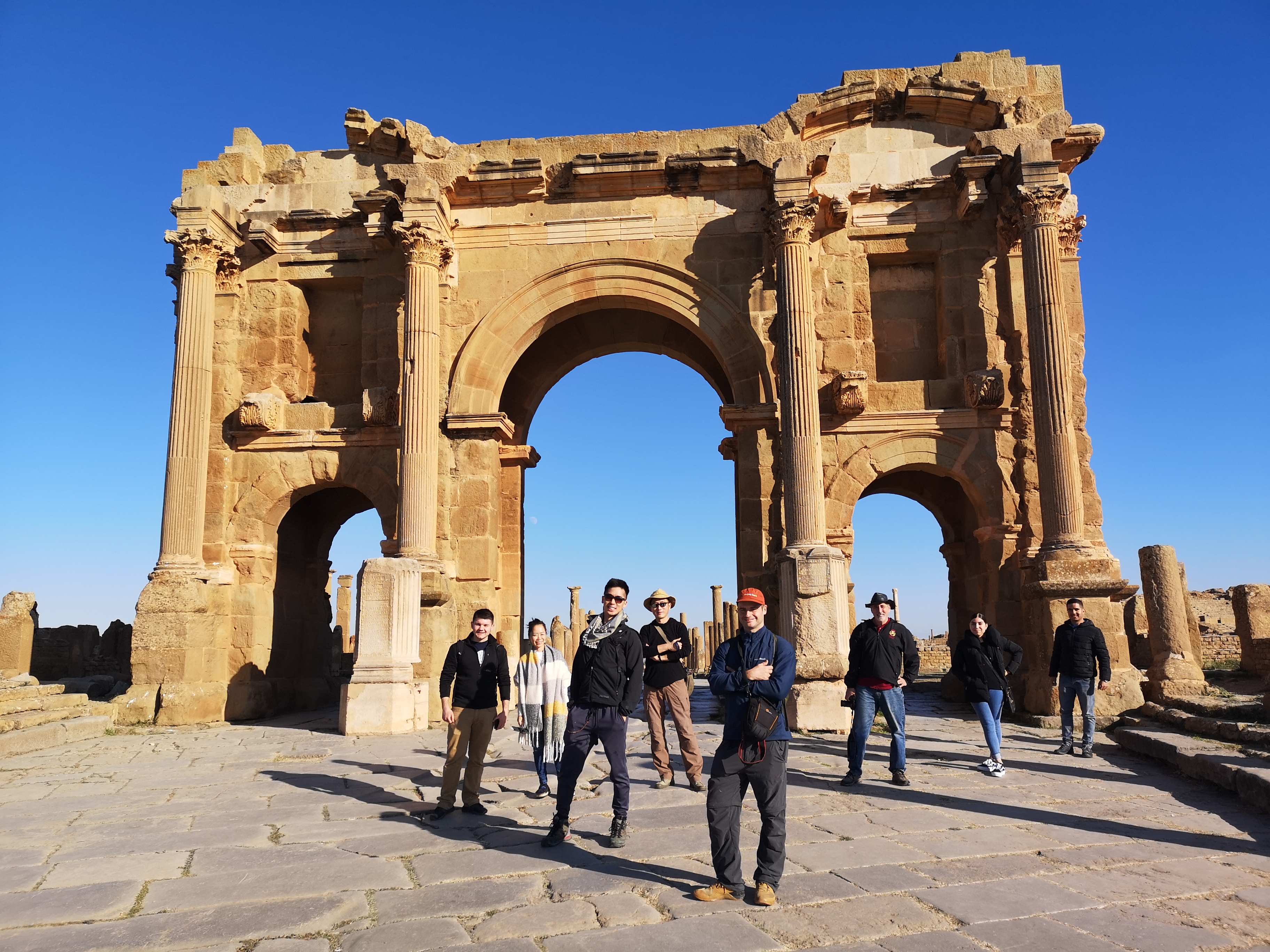
Algeria, Mauritania, Mali and Burkina Faso Combo Tour
26 Nights, 26 DaysStart Date: January 14th 2022
75th Anniversary Party Foundation Day & Mount Kumgang Tour With Mass Games
8 Nights, 8 DaysStart Date: October 8th 2020
All Koreas Part 1: North Korea Borderlands
7 Nights, 7 DaysStart Date: June 13th 2025